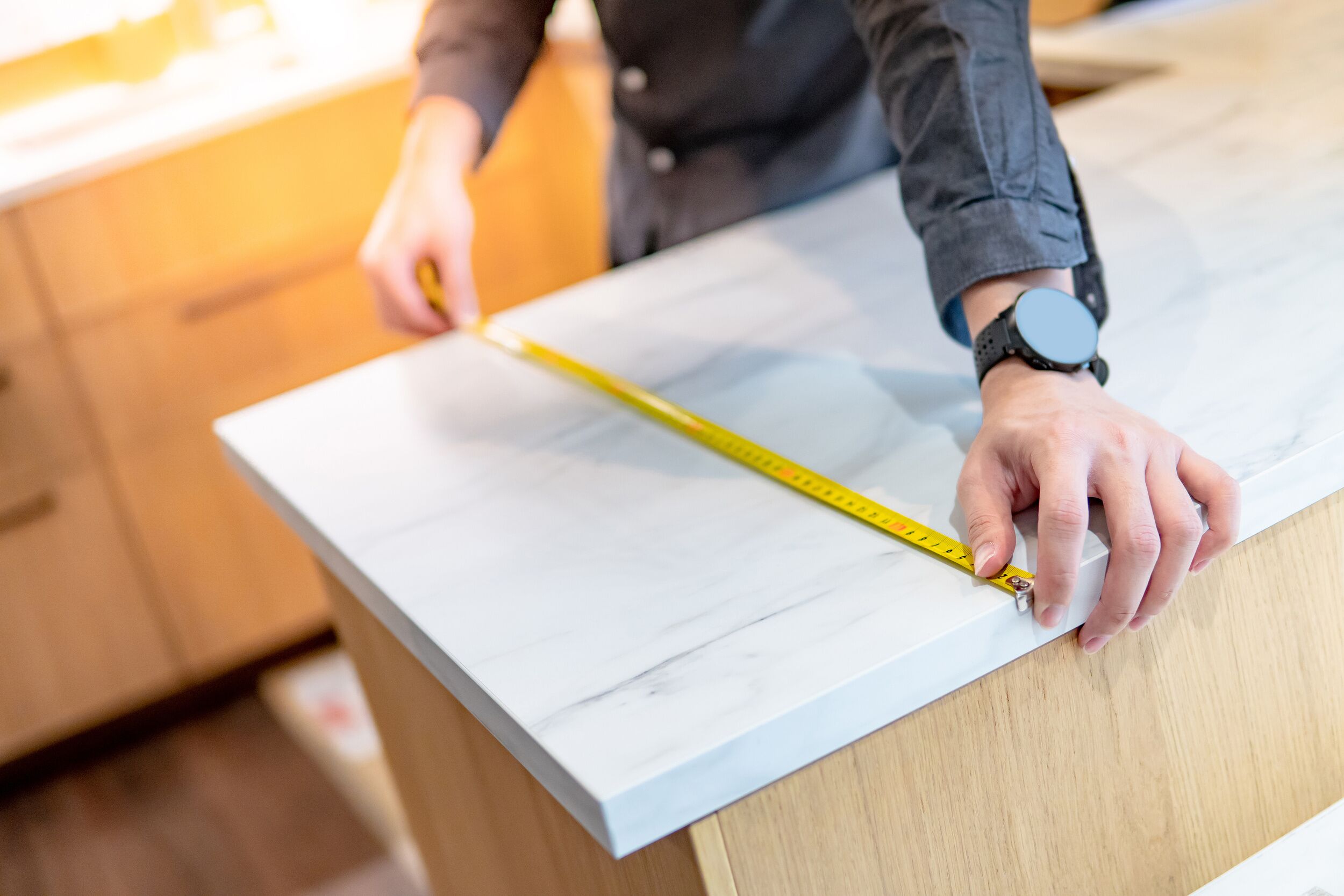Quartz countertops could be ideal for your home remodeling project if you want to give your kitchen or bathroom a high-end vibe. A quartz countertop, which is created from pieces of natural Quartz that have been fused, works wonders to give your kitchen a more sophisticated appearance. Quartz countertops are here to stay due to their affordability and endless designs. But all that glitters is not gold. Sure it may have limitless design options, but is it durable? Let’s find out.
Is Quartz Durable for Countertops?
When quartz countertops were created, it took some time for them to become popular in standard kitchen design. However, the popularity of quartz counters has greatly increased significantly. Granite is currently the preferred countertop material, but Quartz is quickly catching up. Countless people immediately assume that quartz countertops are made of natural stone, such as granite or marble. Instead, quartz countertops are actually made of artificial products, with natural Quartz being one of their main ingredients. The majority of quartz countertops are created by mixing 5–10% polymer resins and 90–95% pulverized quartz dust. Quartz countertops have an unbelievable strength that comes from this mixture. Natural rock might contain weak spots or cracks that make it breakable in specific places, but Quartz has a consistent thickness, structure, and resilience throughout the slab. Quartz countertops have resin in them, which has excellent bonding qualities. It forms a continuous, sturdy bond with the stone particles that are resistant to fractures, chips, and scratches.
What About Damage Resistance?
Quartz countertops are renowned for being particularly durable, but they are by no means unbreakable. Quartz’s advantage is that it merges a more natural-looking appearance with the improved strength of manufactured materials. Regardless, it’s still necessary to handle the quartz countertops carefully. Generally speaking, quartz countertops of greater quality are more durable. You should keep in mind the following things when handling quartz countertops.
- Chipping and Cracks
These worktops are typically more impact resistant than all other countertops because of the polymer introduced to the Quartz during the production process. Quartz sits at 7 on the Mohs scale, whereas granite usually scores around 6. While this may not seem too much but Mohs scale is not linear but has an exponential curve. This means Quartz is 40% stronger. Nevertheless, this doesn’t mean Quartz is immune to serious damage. Quartz is susceptible to significant damage even though it is more resilient to large cracks than natural stone. The major cause of cracks in Quartz is sudden temperature changes. This is a result of the material’s poor thermal conductivity, which could lead to uneven heating. When one part of the countertop is heated while other parts remain cool, the part with a higher temperature will expand while the cooler one stays the same. This could result in a crack as a result of the uneven expansion. Also, the edges of quartz slabs are vulnerable to chipping and scratches.
- Stain Resistance
Granite, marble, and other natural stone surfaces are naturally porous. This indicates that they can absorb liquids. Therefore, if you spill your beverages on your natural stone countertop and allow them to rest for a while, they could stain. Therefore, most stone countertops need to be sealed to avoid stains. This countertop sealant needs to be applied at least once annually to stay effective. On the other hand, quartz countertops don’t need to be sealed because the resin function as a sealant on its own. The resin is non-porous, making it far more resistant to stains and fading. Quartz countertops are not stain-proof, despite being more stain-resistant than natural stones. Wine and coffee, for example, can still permeate into the surface if left there for a long enough period of time. Although a quartz countertop may not need as much maintenance to keep it stain-free as a natural stone countertop, you should always make sure to clean up spills as soon as possible. Countertops with a matte surface are much more likely to get stained than ones with a gloss finish.
- Heat Resistance
This is the one area where quartz countertops fall short of other available options. You should remember that resins are a kind of plastic, and plastic melts much more easily than stones. The majority of quartz countertop manufacturers state that Quartz can endure temperatures as high as 175 to 300 degrees Fahrenheit. Granite, on the other hand, is supposed to be capable to handle four times that. A quartz slab may become stained, warped, or, in extreme situations, cracked due to heat damage. As a result, it’s crucial to take precautions when using heated kitchen utensils. Always use trivets.
Conclusion
You must be aware of how to maintain quartz countertops whether you currently have them or are thinking about installing them in your kitchen remodeling. So, to sum it all up, you should avoid putting hot kitchenware on top of it and be prompt in cleaning up dark-colored liquids. Quartz is not unbreakable. Even though nobody plans to drop a heavy bowl on edge and crack it, accidents like this do occur. Good, Quartz is easy to repair, and can do so yourself with resin epoxy kits.

